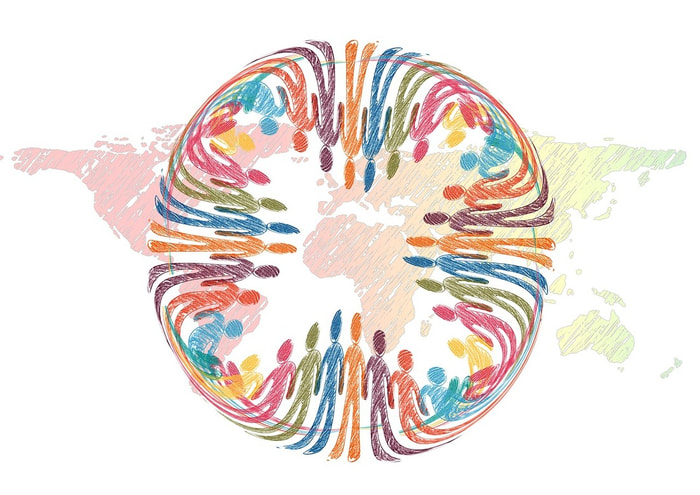Can Health Literacy Make a Difference?
When patients are taken to the hospital, they are often bombarded with overwhelming amounts of information and mysterious medical jargon. From medications and procedures to precautions and symptoms, every piece of information is essential to patients’ understanding of their health, risks, and decisions at hand. Health literacy is how much a person can comprehend and utilize basic health-related concepts required to make necessary health decisions. Especially for patients with long term conditions, having high health literacy is crucial for their quality of life. Health literacy can be an indicator for good quality of care for long term condition (LTC) patients because LTC requires the patient’s participation in demanding treatments and understanding of the health information necessary to care for themselves. Due to this correlation, many studies have explored the relationship between health literacy and quality of life in LTC patients. Specifically, a recent study focused on patients at least 65 years of age with a registered long term condition with a general practice in Salford, North West England.
Close to 13 thousand patients were given questionnaires regarding their demographic, clinical, and medical information. Data was collected on their quality of life (QoL), well being, social support, and patient experience of health services. QoL was measured through the World Health Organization Quality of Life Assessment study that measures specific scores on physical, psychological, social relationships and environmental QoL. These categories encompassed questions regarding their mobility, sleep, pain, medical treatment, self esteem, body image, mood, personal support, safety security, finance, and other information. The studied patients represented different ages, genders, ethnic groups, and occupations.
Close to 13 thousand patients were given questionnaires regarding their demographic, clinical, and medical information. Data was collected on their quality of life (QoL), well being, social support, and patient experience of health services. QoL was measured through the World Health Organization Quality of Life Assessment study that measures specific scores on physical, psychological, social relationships and environmental QoL. These categories encompassed questions regarding their mobility, sleep, pain, medical treatment, self esteem, body image, mood, personal support, safety security, finance, and other information. The studied patients represented different ages, genders, ethnic groups, and occupations.
Image Source: geralt
Results showed a strong correlation among poor health literacy, older age, higher depressive symptoms, and more LTC patients with significantly lower QoL scores at the very start of this study. After twelve months, patients of lower health literacy showed greater decline in QoL with more severe health symptoms. Physical health, psychological wellbeing, social relationships, and environmental QoL such as social support were all adversely affected.
Although the study indicated a relationship between low health literacy and a decrease in patients’ physical and psychological health, it is still open to discussion whether this was a direct relationship or due to an underlying factor such as socioeconomic degression or deprivation. In addition, people face physical and cognitive difficulties with old age, further impeding improvement of health literacy. Therefore, health literacy especially in the geriatric population is a critical issue. Further studies are needed to confirm the relationship between QoL and health literacy, taking into consideration other obstacles such as education levels and self care. Nonetheless, the importance of health literacy stands true, and hospitals should strive to enhance health literacy for older, multicultural patients who require assistance.
Although the study indicated a relationship between low health literacy and a decrease in patients’ physical and psychological health, it is still open to discussion whether this was a direct relationship or due to an underlying factor such as socioeconomic degression or deprivation. In addition, people face physical and cognitive difficulties with old age, further impeding improvement of health literacy. Therefore, health literacy especially in the geriatric population is a critical issue. Further studies are needed to confirm the relationship between QoL and health literacy, taking into consideration other obstacles such as education levels and self care. Nonetheless, the importance of health literacy stands true, and hospitals should strive to enhance health literacy for older, multicultural patients who require assistance.
Featured Image Source: diwou
RELATED ARTICLES
|
Vertical Divider
|
Vertical Divider
|
Vertical Divider
|






